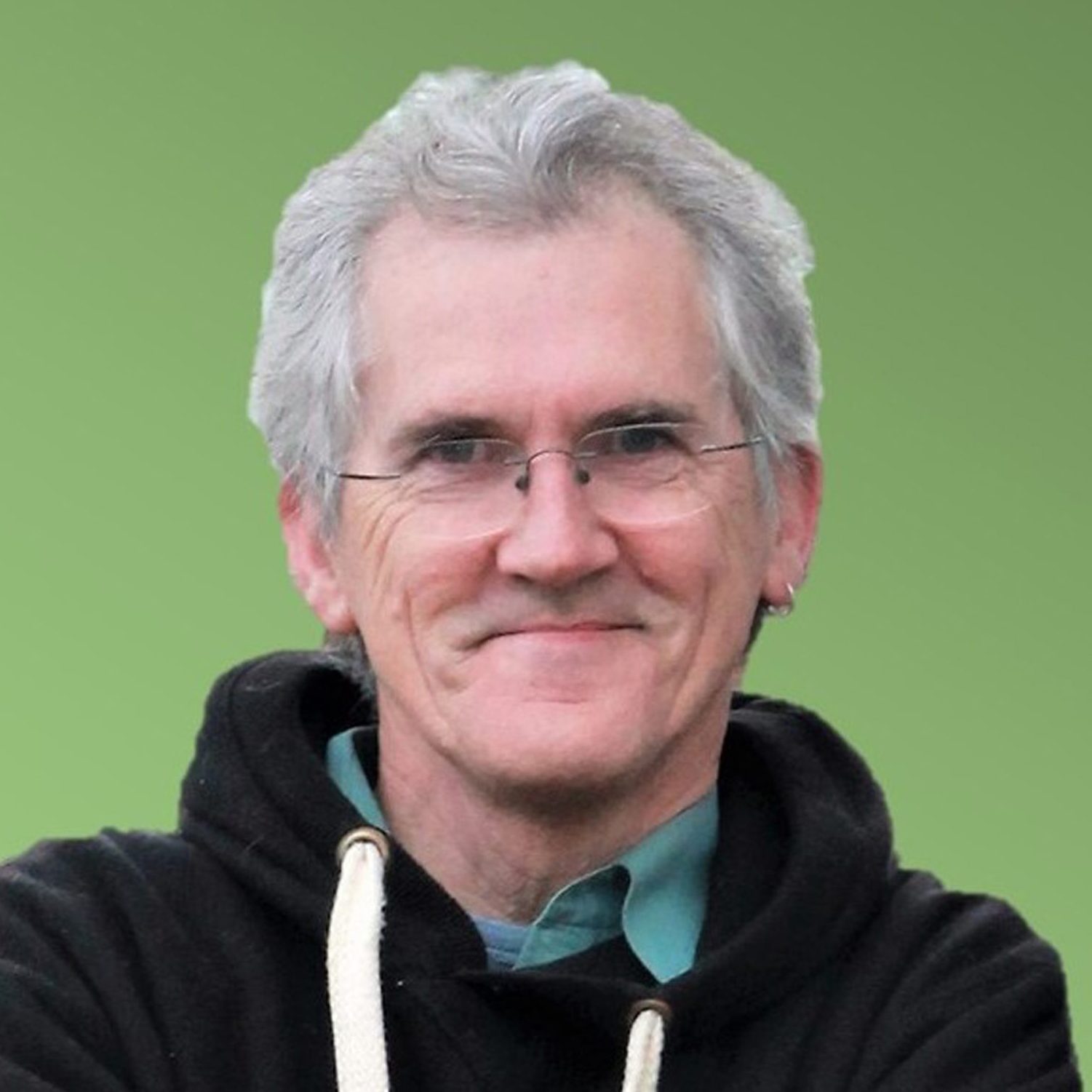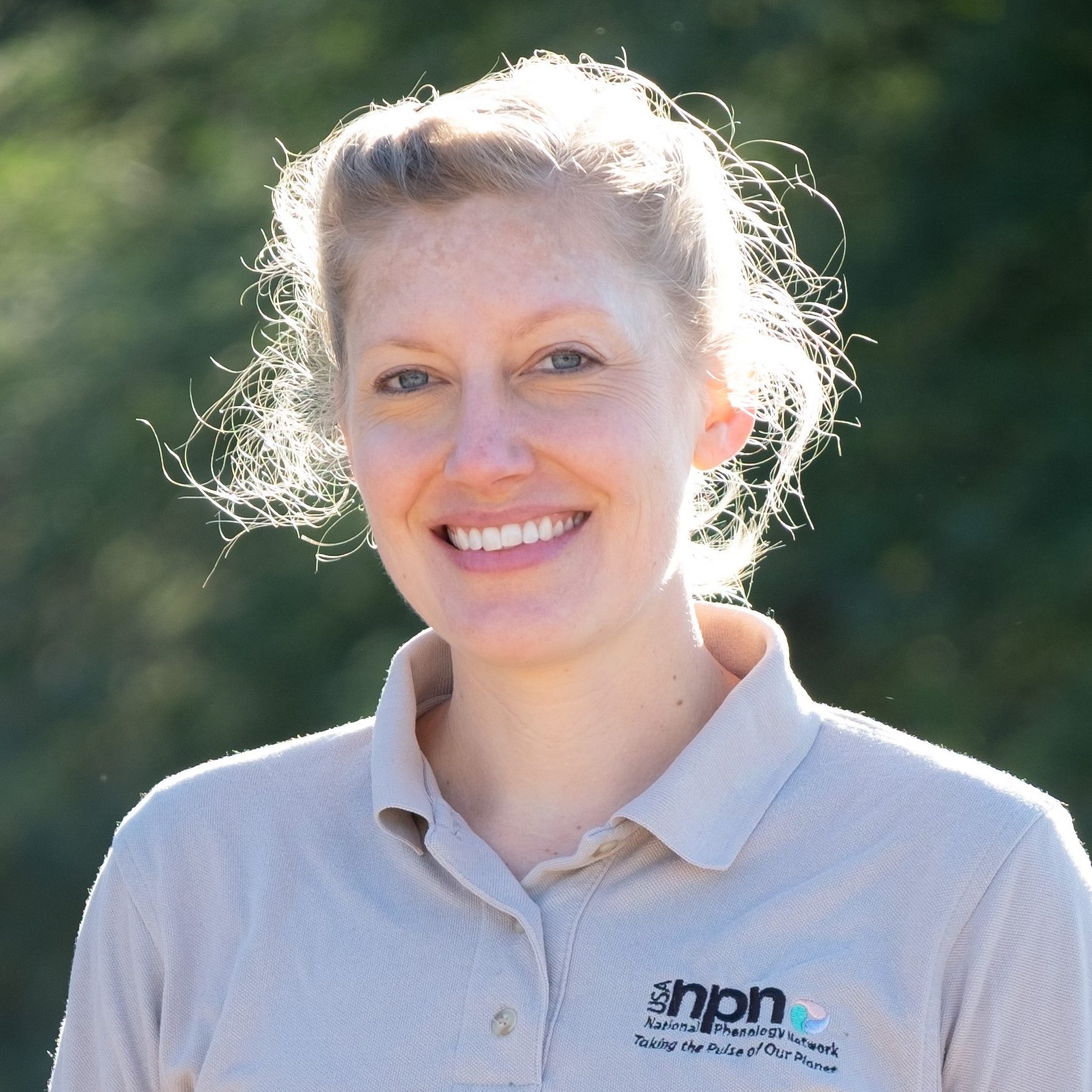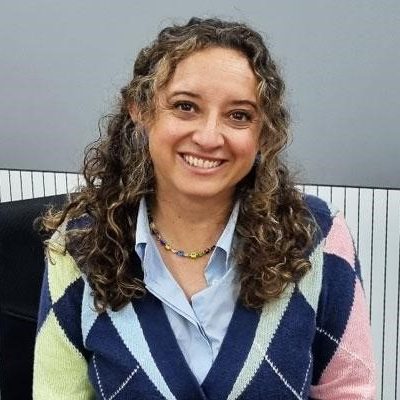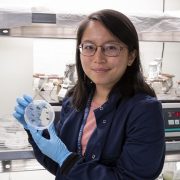Plantae Presents: Finding Ways to Enhance the Science Public Perception
Plantae Presents: Finding Ways to Enhance the Science Public Perception
Featuring Craig Cormick, Maria Claudia Segovia Salcedo, and Erin Posthumus
When: Monday, December 11, 2023, at
01:00 PM PST | 4:00 PM EST | 9:00 PM GMT | 5:00 AM Beijing
About this Webinar
Scientific discoveries hold the potential to revolutionize society, yet there often exists a significant gap between their relevance and public perception. In an increasingly interconnected and technologically advanced world, science plays a pivotal role in shaping our lives, addressing global challenges, and driving progress. The prioritization of research on the COVID-19 pandemic worldwide exemplifies the critical role of science in times of crisis. In the realm of plant research, scientists have made substantial contributions to society by enhancing crop productivity, food nutritional value, and reducing chemical disposal. Notable breakthroughs like the Green Revolution, which improved rice and wheat production, have successfully reduced hunger. The future New Green Revolution incorporates genetic modification and microorganisms to boost crop yields further. However, securing public funding for science often hinges on public perception and impact, needing effective science communication and engagement with the wider community.
In this webinar, we will discuss practical tips our speakers took to enhance public science perception. We will approach the contradiction between scientific contributions and challenges in gaining public trust and support. Practical routes for researchers to boost science public engagement will be discussed, including effective science communication, education, and media literacy, as well as active participation in scientific outreach, events, and citizen science projects. These efforts have the potential to bridge the gap between scientific advancements and public understanding, fostering evidence-based decision-making and trust in scientific research.
This webinar is hosted by the 2023 Plantae Fellows.
SPEAKERS
 Craig Cormick
Craig Cormick
Dr. Craig Cormick OAM is an award-winning science communicator. For many years he worked in government agencies, including the CSIRO, overseeing public engagement and education programs – particularly in biotechnology and nanotechnology. He specializes in drivers of public perceptions to new technologies and his research has been widely published in journals including those of Nature and Cell. He is former president of the Australian Science Communicators, currently advises the Organisations for the Prohibition of Chemical Weapons (OPCW) on its Advisory Board on Education and Outreach, and is the author of the book The Science of Communicating Science. Craig has a Bachelor of Arts and a PhD in creative communication. Find him at www.thinkoutsidethe.com.au.
 Erin Posthumus
Erin Posthumus
Erin Posthumus coordinates local, regional, and national data collection projects for the USA National Phenology Network (USA-NPN). The USA-NPN is a national-scale monitoring and research initiative based at the University of Arizona focused on collecting, organizing, and delivering phenological data, information, and forecasts to support natural resource management and decision-making, to advance the scientific field of phenology, and to promote understanding of phenology by a wide range of audiences. Erin has a bachelor’s degree in environmental biology from the University of Colorado at Boulder and a master’s degree in wildlife conservation and management from the University of Arizona and has worked for the USA-NPN since 2010.
 Maria Claudia Segovia-Salcedo
Maria Claudia Segovia-Salcedo
Maria Claudia Segovia-Salcedo was born in Ecuador and got a MSc in environmental and plant biology at Ohio University. She graduated from the University of Florida with her PhD in biology and has a graduate certificate in Tropical Conservation and Development (TCD). She works in plant conservation at Andean high-altitude ecosystems. At UF, Claudia was an active member of WISE-UF and co-founder of UF-PhD-Moms and organized workshops on professional women in environmental sciences and sustainability. Claudia is currently an associate professor at the Universidad de las Fuerzas Armadas (ESPE) and she is also the coordinator and co-founder of the Ecuadorian Network of Women in Science (REMCI).
MODERATORS
 Dennis Baffour-Awuah
Dennis Baffour-Awuah
Dennis is a science communication enthusiast who has many years of experience practicing broadcast journalism in Ghana. He has finished his studies in Mphil. Nuclear Agriculture where he majored in Mutation Breeding and Plant Biotechnology from the University of Ghana. He has a Bachelor of Science degree in agricultural biotechnology from the Kwame Nkrumah University of Science and Technology. He is a Plantae Editor who loves to be referred to as the “pop scientist” because he loves to blend pop culture and science as a lifestyle. Dennis loves to write, listen to music, or DJ. X (formerly Twitter): @dennisgameplay
 Maria Juliana Calderan-Rodrigues
Maria Juliana Calderan-Rodrigues
Maria Juliana Calderan-Rodrigues. Maria Juliana (Maju) has a PhD in Genetics and investigates plant growth and defense in model plants and tropical crops as an Associate Researcher at the University of São Paulo, Brazil, and Max Planck Institute, Germany. She is a Plantae Fellow excited to communicate science and connect with plant lovers around the globe! X (formerly Twitter): @majucalderan
 Yen Peng (Apple) Chew
Yen Peng (Apple) Chew
Apple is a Malaysian who completed her master’s degree in biotechnology at the University of York. Besides being a Plantae Fellow, she is currently a fifth-year PhD student at the University of Edinburgh and works on developing CRISPR gene editing technologies in green microalgae Chlamydomonas reinhardtii. X (formerly Twitter):@_applechew
 Andres Reyes
Andres Reyes
Andres is a biotechnology engineer passionate about plant sciences and scientific communication. He believes that science and knowledge are useless if they are not transmitted to the community. His goal is to become a great researcher and to contribute with new findings to the scientific community. X (formerly Twitter): @f_andresreyes



